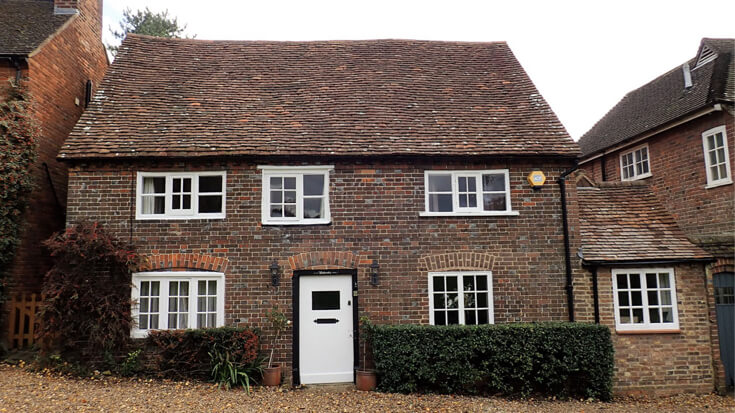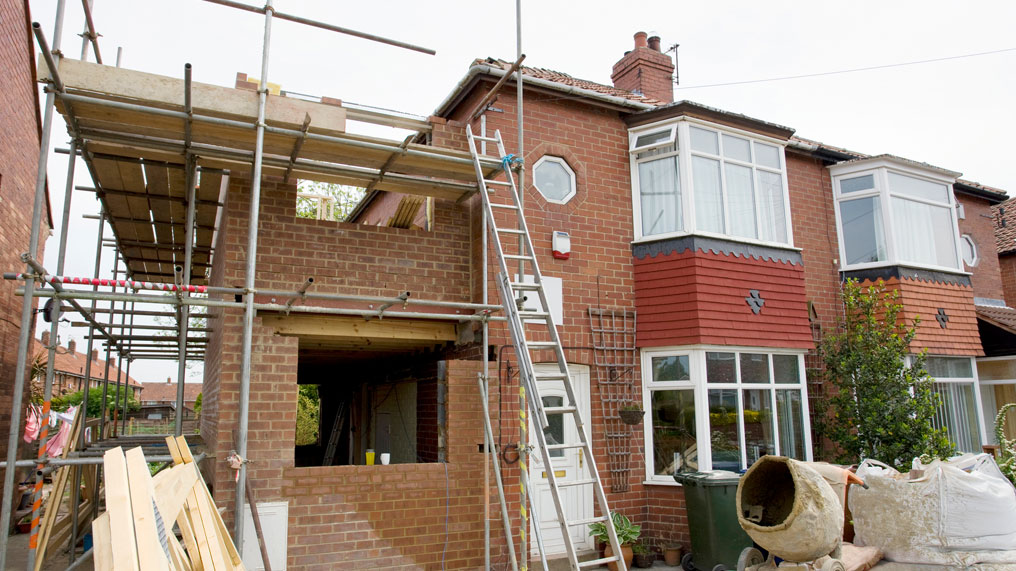Falling out with the neighbours can be extremely uncomfortable, especially as there’s nothing you can do to escape them (other than moving house).
We look at some of the most common causes of discord between neighbours and explain what your rights are, so you can hopefully sort things out amicably.
High hedges
The problem: The hedges next door are too high and blocking out all your light, but the neighbours refuse to cut them back.
What you can do: The UK government advises that you're entitled to trim any branches or roots that cross into your property. However, you should always seek legal advice first as some hedges are protected by law. If the hedge is more than two meters high and blocking out the light to your garden, you can make a complaint to your local council who may order your neighbour to lower the height of the hedge. Bear in mind, however, that your neighbour may decide to appeal against the council’s decision, and you could have to pay a fee before the council will even agree to look into the issue.
Loud music
The problem: They love cranking up the music late at night.
What you can do: Anything that disturbs your sleep can be really upsetting, particularly if your neighbour refuses to turn the music down when you ask them to. Keep a record of when noise is made and try to record the music so you have evidence of how it's interfering with your life. You should then contact your local council - they can investigate the problem and, if they decide your neighbour is causing a statutory noise nuisance, issue them with a 'noise abatement' order. If your neighbour ignores this and continues playing loud music, the local authority can either fine or prosecute them.
Boundaries can cause real problems, especially as they may not be exactly where they are described in your title documents
Blocked drain
The problem: Their drains pass through your land and there’s a blockage.
What you can do: As a general rule, you’re responsible for maintaining any drains within the boundaries of your property, so you can’t demand your neighbours foot the cost of repair bills. Lateral drains and sewers also used to be the responsibility of property owners, but now local water companies have a duty to maintain them – get in touch with them so they can locate the problem and put it right.
If you live somewhere with a private sewer, then the situation is different and you and anyone else who shares the sewer have a joint responsibility to pay for any repairs. If a neighbour is refusing to pay their share, contact your local authority environmental health department who can order them to contribute to the cost of repairs.
Boundary dispute
The problem: They disagree on the boundary between your property and theirs.
What you can do: Boundaries can cause real problems, especially as they may not be exactly where they are described in your title documents. Often they change over time because one party slowly encroaches on the other’s land, or because the boundary has been moved by mutual agreement in the past but no formal note has been made of this change. The Royal Institution of Chartered Surveyors (RICS) offers a guide to boundary disputes and helpful contact numbers.
It's always best to speak to your neighbours as soon as possible to identify the position of, and responsibility for maintaining, the boundaries. But if you think your boundaries have changed over time and you can’t reach an agreement with your neighbours, you should seek legal advice from a solicitor.




